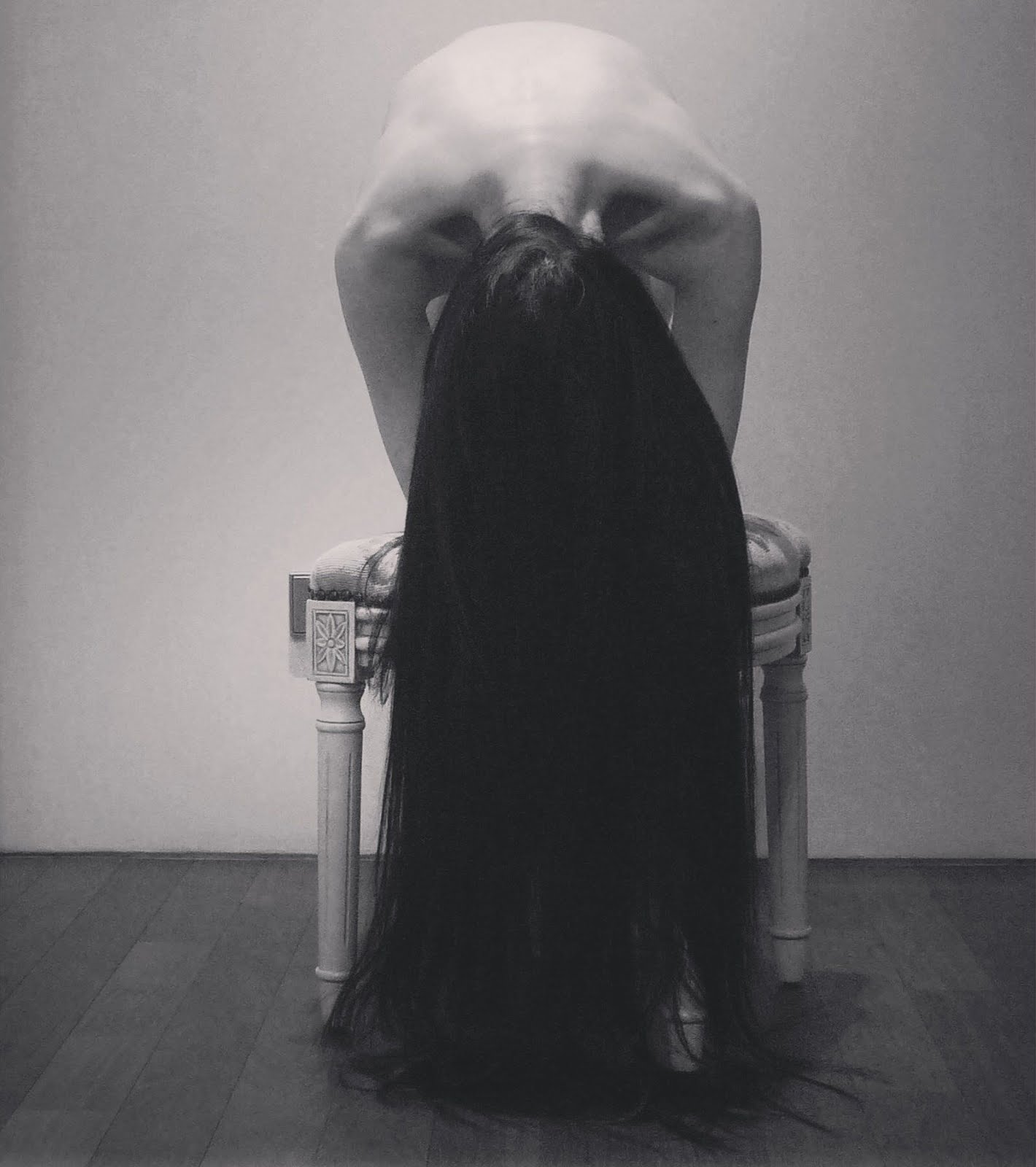“Moon,
I think you would understand
my craft of writing, how it makes of me
your king and creature in this no-man's-land
of the moment;
the wide-eye, squint-eye vision that by turns
I loose upon your beauty, my soft palm
and callused fingers of an archer's hand;
and how my introspection bends me to
you, filling the mirror of this blank white sheet
with your circle of renewed virginity
that, by violating, I complete.”
—Moon, by Martin Edmunds, from Paris Review issue #121, winter 1991.
 |
| Hussein Chalayan, Sakoku 鎖國, spring/summer 2011 |
The book is an undefined object that we can discuss only in imprecise terms, an object forever buffeted by our fantasies and illusions. (...)
Truth destined for others is less important than truthfulness to ourselves, something attainable only by those who free themselves from the obligation to seem cultivated, which tyrannizes us from within and prevents us from being ourselves. (...)
The paradox of reading is that the path toward ourselves passes through books, but that this must remain a passage. It is a traversal of books that a good reader engages in — a reader who knows that every book is the bearer of part of himself and can give him access to it, if only he has the wisdom not to end his journey there. (...)
Encouraged from our school years onward to think of books as untouchable objects, we feel guilty at the very thought of subjecting them to transformation. It is necessary to lift these taboos to begin to truly listen to the infinitely mobile object that is a literary text. The text’s mobility is enhanced whenever it participates in a conversation or a written exchange, where it is animated by the subjectivity of each reader and his dialogue with others, and to genuinely listen to it implies developing a particular sensitivity to all the possibilities that the book takes on in such circumstances. (...)
All education should strive to help those receiving it to gain enough freedom in relation to works of art to themselves become writers and artists.
—Pierre Bayard, from How to Talk About Books You Haven't Read
 |
| Robert Mapplethorpe, Calla Lily, 1984, 1986 & 1985. |







No comments:
Post a Comment